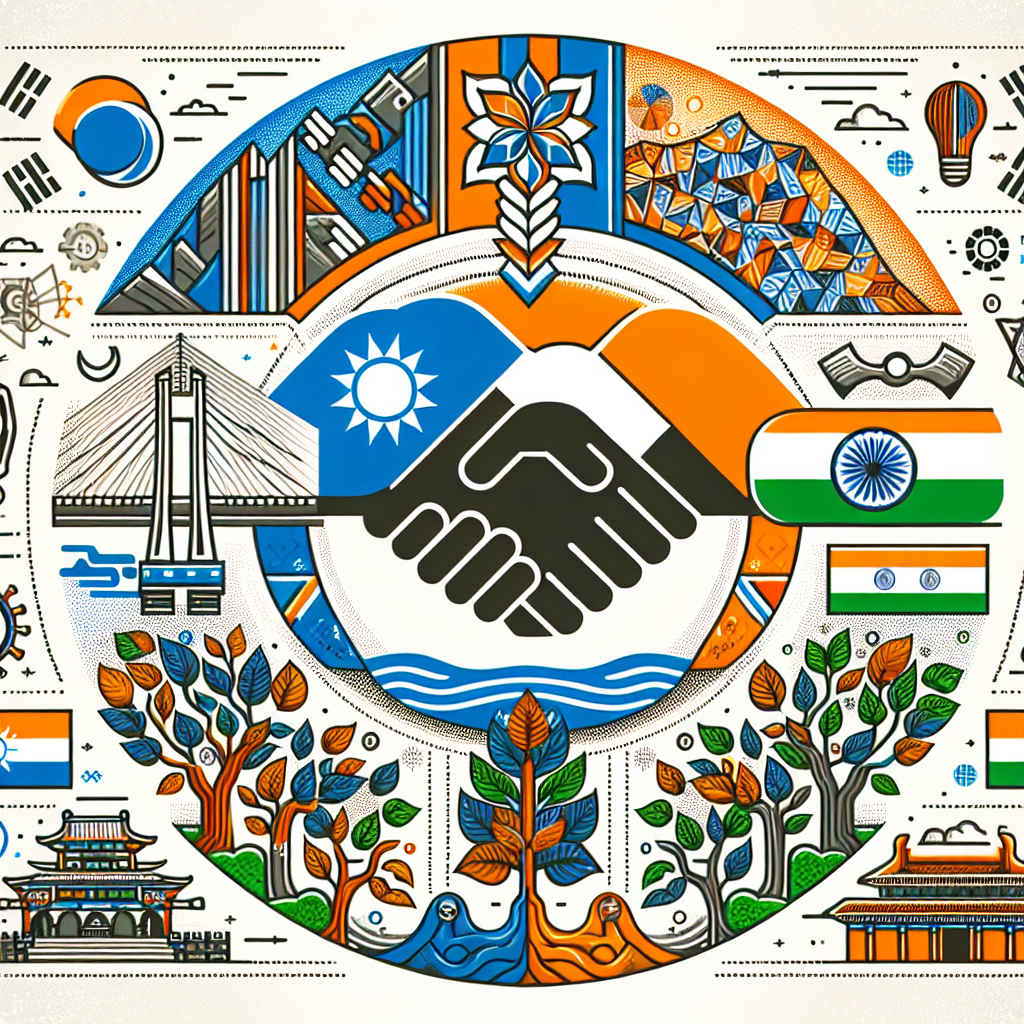Taiwan's Staunch Stand: Upholding Freedom Against China's Pressure
Taiwan's President, Lai Ching-te, rejects China's 'one country, two systems' policy, asserting Taiwan's commitment to freedom and democracy amid threats from Beijing. Lai emphasizes Taiwan's sovereignty and plans to boost military spending. The island strengthens its defenses with U.S.-supplied tanks, maintaining a firm stance against Chinese aggression.

Taiwan's President Lai Ching-te has firmly rejected China's 'one country, two systems' proposal, reaffirming the island's commitment to freedom and democracy. Speaking to soldiers in northern Taiwan, Lai highlighted the importance of strength in maintaining peace and urged resilience against Beijing's increasing pressure.
Amid heightened tensions, Lai declared that Taiwan and China are not subordinate to each other, emphasizing that the future of Taiwan should be determined by its people. This stance underscores Taiwan's refusal to adhere to any form of annexation or forced unification under Chinese governance.
Taiwan plans to bolster its defense spending to 5% of GDP by 2030, and has already begun strengthening its military capabilities with the acquisition of American M1A2T Abrams tanks. Despite lacking formal diplomatic ties, the United States remains Taiwan's primary arms supplier, committed by law to aiding Taiwan in its self-defense efforts.







